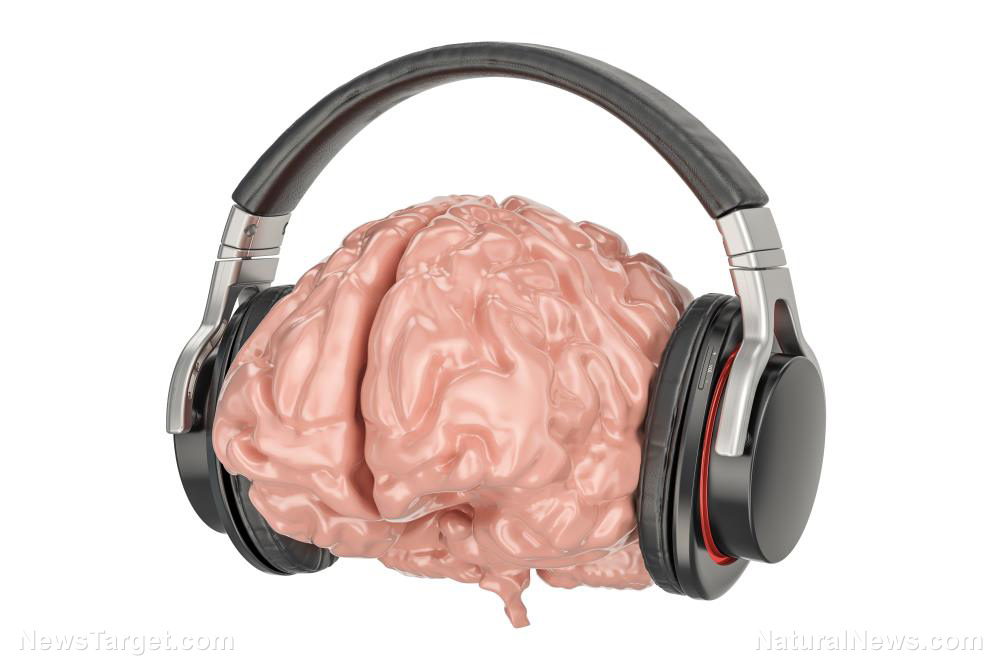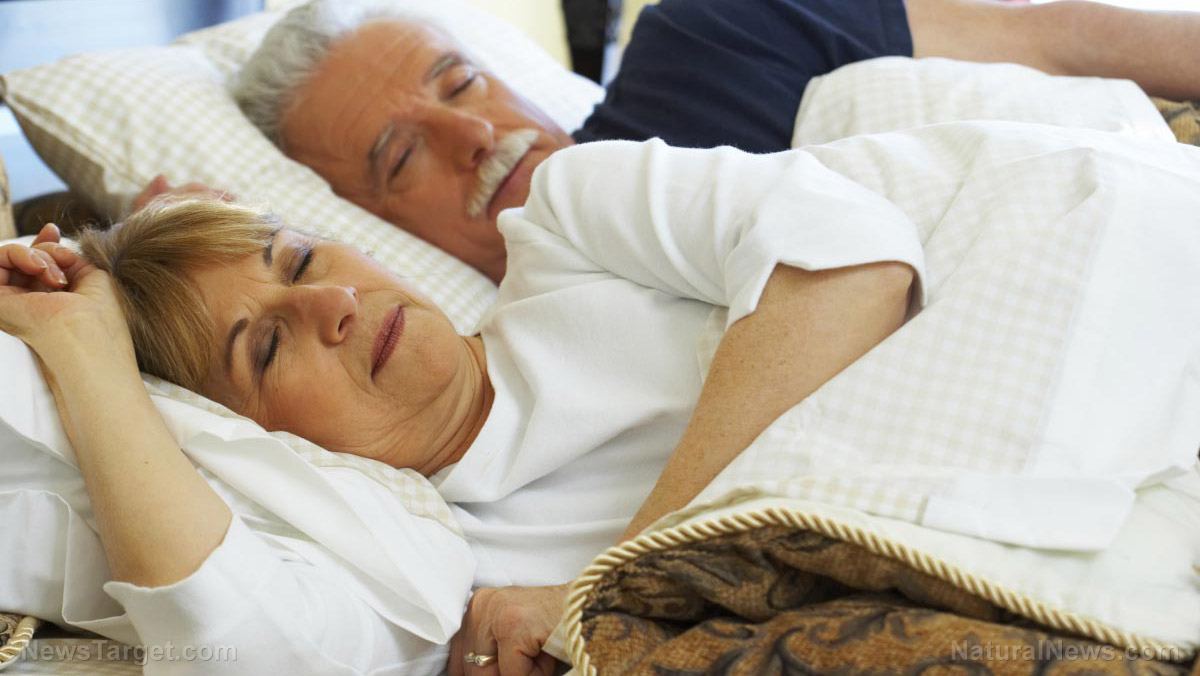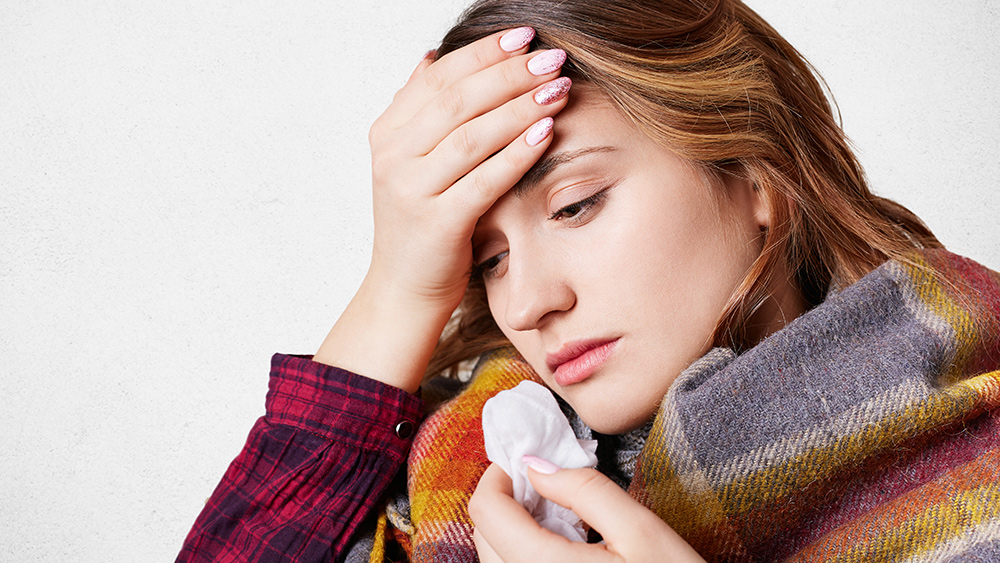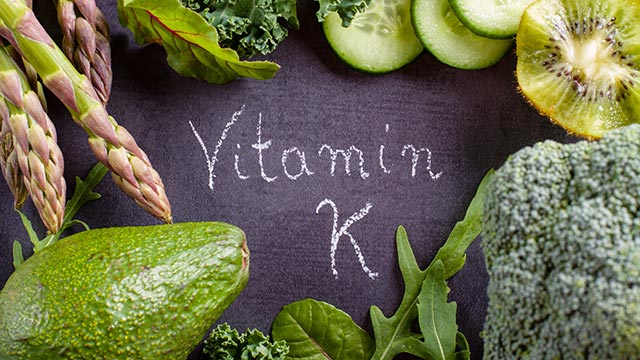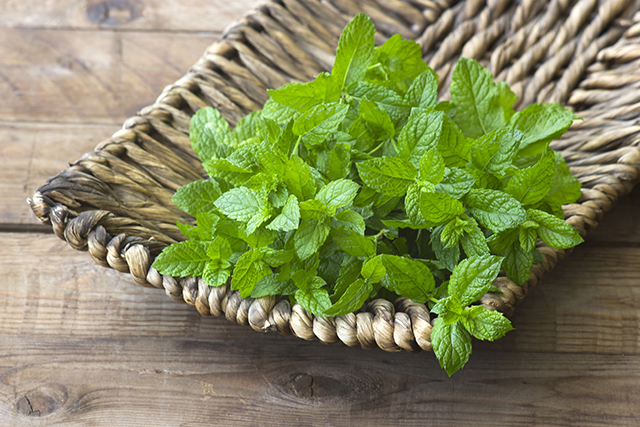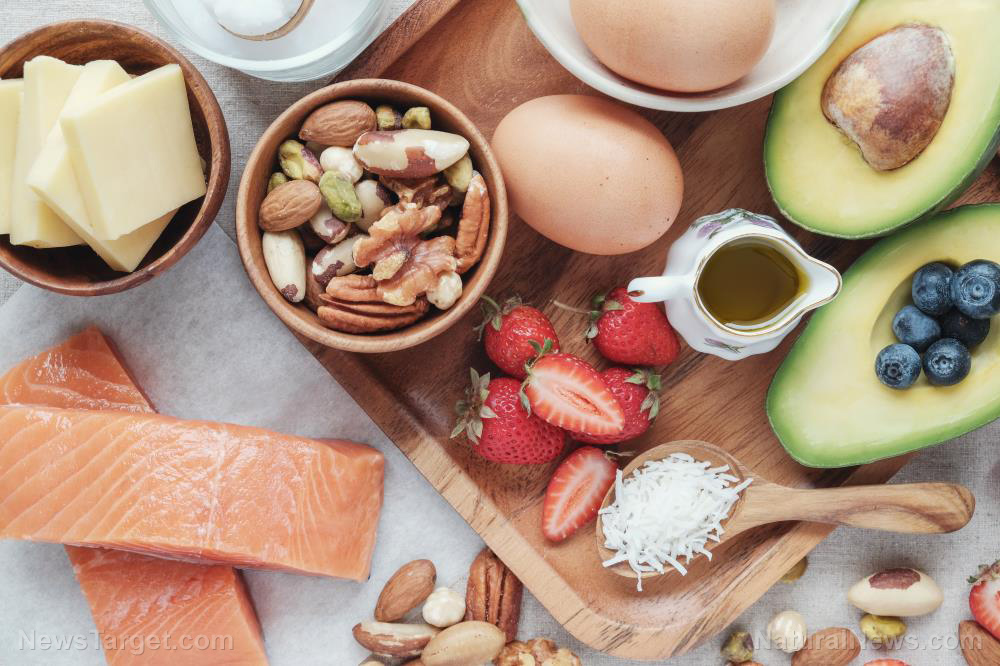How much coffee do you drink? Your DAILY cup of joe may be making you anxious
03/18/2020 / By Darnel Fernandez
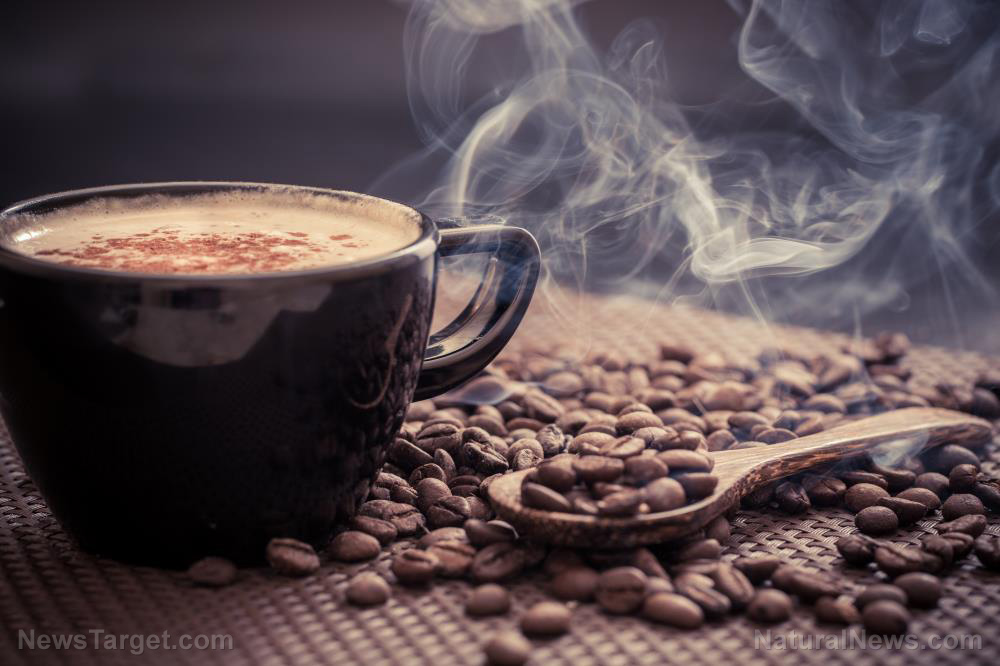
Coffee has become a fundamental part of many people’s lives. You would be hard-pressed to find someone who does not enjoy an energizing cup of coffee to start off the morning. The rich beverage’s energy-boosting effects can be attributed to its caffeine content – a food component that 85 percent of the U.S. population consumes at least once a day. While the quick burst of energy is appreciated every once in a while, too much caffeine can lead to negative consequences on one’s health.
Experts have established an association between mental health and caffeine intake. They note that taking too many caffeine-rich beverages can cause insomnia, jitters and even nervousness. Further, people already suffering from anxiety disorders are more susceptible to the negative effects of caffeine. Because of this, they should always keep tabs on their caffeine intake to avoid the unpleasant side effects.
“Caffeine is not the enemy,” said Julie Radico, a clinical psychologist from Penn State Health. “But I encourage people to know healthy limits and consume it strategically because it is activating and can mimic or exacerbate the symptoms of anxiety.”
How much caffeine should you take then?
Experts consider 50 to 200 mg to be low enough doses of caffeine to not cause any harm. However, if the consumption goes more than 400 mg at a time, you might start experiencing the effects of caffeine. A report from Harvard Medical School suggests that excessive caffeine can mimic the symptoms of anxiety. These symptoms include a faster heart rate, nervousness and restlessness.
In addition, the Diagnostic and Statistical Manual of Mental Disorders (DSM-5) – which is a guide published by the American Psychiatric Association for mental health diagnoses – lists four disorders associated with excessive caffeine intake:
- Caffeine withdrawal
- Caffeine intoxication
- Unspecified caffeine-related disorders
- Other caffeine-induced disorders like anxiety or sleep disorders
The effects of these disorders are exacerbated by a higher amount of caffeine intake. It is recommended to consume no more than 100 mg per day, which is already a low threshold when considering the number of products that contain caffeine.
For example, a can of regular Coca-Cola contains about 35 mg of caffeine, compared to the 100 mg of caffeine provided by a generic, home brewed cup of coffee. Some drinks can contain even more caffeine than expected. (Related: Decaf vs regular coffee: What are the different health benefits?)
“When you buy larger bottles of these sodas, they also have more than one serving in a bottle,” said Matthew Silvis, chief of the Division of Primary Care Sorts Medicine at Penn State Health. “You may drink the whole thing and not even realize you are consuming twice or even three times the amount of caffeine in a single serving.”
Natural ways to curb anxiety
While anxiety is a normal part of everyday life, too much of it can leave a negative impact on the quality of your life. Apart from reducing your caffeine intake, here is a list of natural methods to curb anxiety:
- Adopt a healthy diet. Various factors often associated with diet – like chemicals from processed foods, low blood sugar levels and dehydration – can lead to changes in mood. To prevent these sudden changes, you should adopt a diet that contains a variety of fresh fruits, vegetables and protein.
- Put down the cigarette. Many smokers go for a cigarette break whenever they’re feeling stressed out, but studies have shown that smoking a cigarette for a quick fix can actually worsen anxiety over time.
- Get some exercise. Exercising on a regular basis can bring benefits for both your physical and mental health. Not only can it increase your physical strength and endurance, exercise can also trigger the production of endorphins and other “feel-good” brain chemicals that can help you relax.
- Get a good night’s rest. Many people with anxiety often experience insomnia. Make it a habit to improve your sleep to give yourself a boost in mood the next day. To do so, you should only go to bed at night when you feel tired and you should avoid using gadgets that emit light to prevent disrupting your circadian rhythm or body clock.
Learn more about the effects of anxiety disorders at MindBodyScience.news.
Sources include:
Tagged Under: alternative medicine, Anxiety, anxiety relief, balanced diet, brain health, caffeine, coffee, exercise, mental health, mind body science, prevention, sleep, stopsmoking
RECENT NEWS & ARTICLES
COPYRIGHT © 2017 BRAIN NEWS

